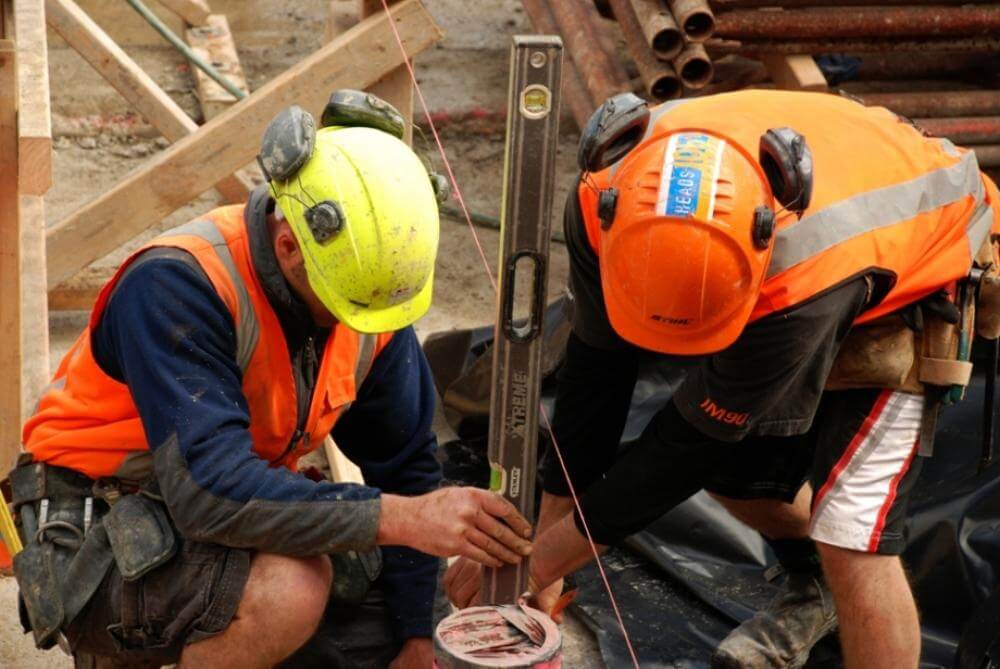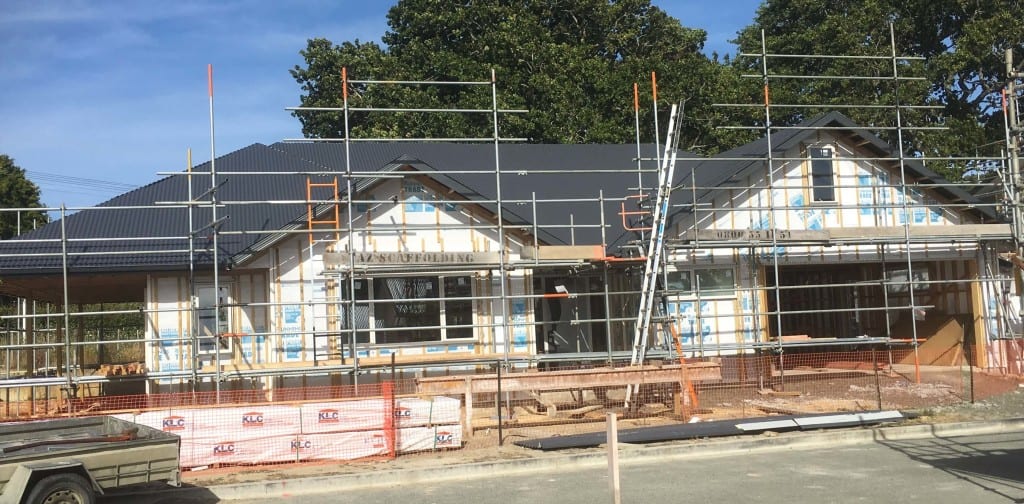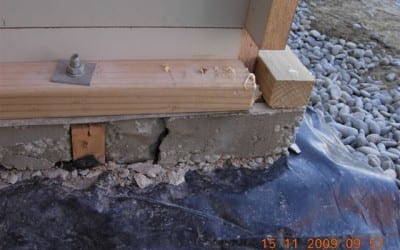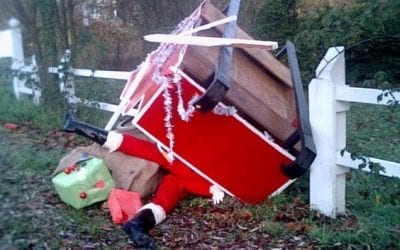Running any kind of business involves a certain degree of risk, and building trades are no exception. Indeed, tradies face additional responsibilities placed on them by the Building Act, such as disclosure requirements, mandatory contract terms and implied warranties. These responsibilities can be overwhelming without the right skills, support and systems in place. A risk management framework is a good place to start to identify the potential risks you face.
Four Areas of Risk
Here at Builtin we talk about 4 areas of risk:
- Assets – the stuff you own that helps you do business
- Financial – the money your customers owe you
- Liability & Indemnity – the responsibility you have to and for others and their property
- Personal – the potential for accident/illness to affect your income earning capacity
Thinking about your business in each of these areas can help identify the risks you face.
Create your own Risk Management Framework
- Under each heading list the potential risks you face.
- Write next to each one what you can do to eliminate, minimise or transfer (i.e. insure) this risk. Most of you will be familiar with this approach because you’re already using it for health & safety.
- Then rank each risk by giving it two scores: the likelihood of it happening and the cost to you if it did. Use your own gut feel and experience to assess this.
- Multiply both numbers together and rank your list on this score.
The items with the highest scores are the ones you need to address most urgently. This is a good exercise for any business to run on a regular basis.
Example Risk Management Framework
| Description of risk* | Chance of it happening (2= lowest, 6=highest) | Cost if it did happen (2=lowest, 6=highest) | Total (multiply then rank) |
| ASSETS | |||
| My tools are stolen | 3 | 2 | 6 |
| FINANCIAL | |||
| My main contractor goes bust | 2 | 3 | 6 |
| LIABILITY & INDEMNITY | |||
| Legal dispute with client | 2 | 5 | 10 |
| PERSONAL | |||
| Skin cancer | 2 | 4 | 8 |
*This is an example only
Insurance Basics Checklist
What insurance you take out will depend on your own situation and “risk appetite”, that is what you’re prepared to take a punt on and what you’re not. As a small business you may well be quoting for work, managing staff and doing the books all while still on the tools. You need to make sure your insurance cover reflects all these aspects of what you do.
|
INSURANCE FOR TRADIES – AN EXAMPLE PACKAGE
|
| ASSETS |
|
Tools & Equipment Tools theft is a significant problem and depending on how much kit you have, having it insured is a sensible option. There is a wide range of cover available, from full replacement to market value only. Some policies cover theft only if there is evidence of forced entry, so keep your tools secure. Request a quote |
|
Commercial Vehicles Get back on the road quickly if your vehicle is stolen or damaged. Options include free windscreen cover, signwriting, trailers, employees vehicles and courtesy cars. Request a quote |
|
Contract Works Insurance Contract works insurance covers building work for things like: theft, vandalism, fire, flood, accidental damage and natural disasters. For new builds the builder usually arranges this. For jobs like renovations and alterations to existing buildings it is typically the building owner who is responsible for arranging insurance. A labour only builder is also generally not responsible for arranging this insurance. Check your contract for who is responsible, if it’s your client make sure you see a copy of the insurance certificate before you start work. Get an instant quote |
| FINANCIAL |
|
Subcontractors Payment Guarantee If you’re contracting to another company there’s a risk that if they go bust you won’t get paid for the work you’ve done. This can cause significant cash flow problems for small businesses. This policy pays 75% of the money you’re owed, up to the limit you choose. Get an instant quote |
| LIABILITY & INDEMNITY |
|
Public Liability This is essential cover for tradies, because there is always a risk that you or one of your workers or subcontractors, could cause damage to someone else’s property. Public liability insurance and claims can be complicated, so make sure you spend a bit of time understanding the cover, the options available (like defective workmanship cover) and the amount of cover you need. Get an instant quote |
|
Health & Safety By law you cannot insure for health & safety fines. However, statutory liability insurance will cover the legal costs if you’re prosecuted for a breach of the law. It will also pay the damages and reparations awarded by the judge. |
|
Errors & Omissions Indemnity (Professional Indemnity) While public liability covers you for accidental physical damage and loss of property (and in some cases injury), it will not cover your liability for mistakes that cause no physical damage but do result in a financial cost to your client (or another party). For this you need Errors & Omissions Indemnity. Get an instant quote |
| PERSONAL |
|
ACC Cover Plus Extra & Illness/Loss of Earnings Self-employed tradies are advised to switch from the standard ACC plan (called Cover Plus) to ACC Cover Plus Extra and combine this with private loss of earnings/income protection insurance. Done correctly this will substantially broaden your protection to include illness as well as accidental injury, for a similar overall cost. Request a call back |
| OTHER |
|
10 Year Guarantees For builders, an independently insured 10 year guarantee gives their customers financial peace of mind during the build as well as protection from the cost of fixing future defects. They can also protect the builder from their liability for those defects. Builtin Accredited Builders can provide these guarantees. |
| Other cover is available for businesses with more complex needs, so if you think you might be doing something a bit out of the box we recommend you get in touch with a specialist trade insurer to discuss your situation. |
In a nutshell
Managing risk is a critical part of running a business. A large, unforeseen and uninsured cost could seriously affect your ability to pay your bills and provide for your family. Understanding the risk environment you work in can also make for a happier, less stressful working career too. Take some time to assess your own risk, talk to experienced professionals and put in place an insurance package that best suits the risks you face as a trade business.





